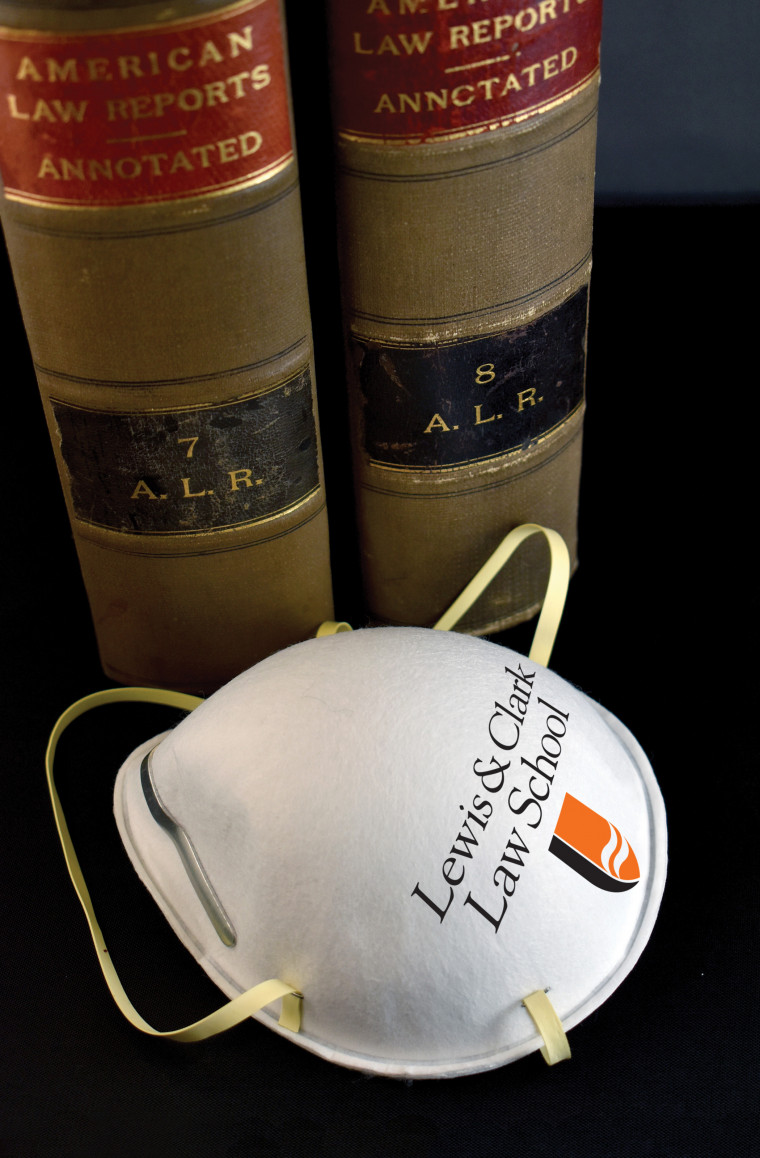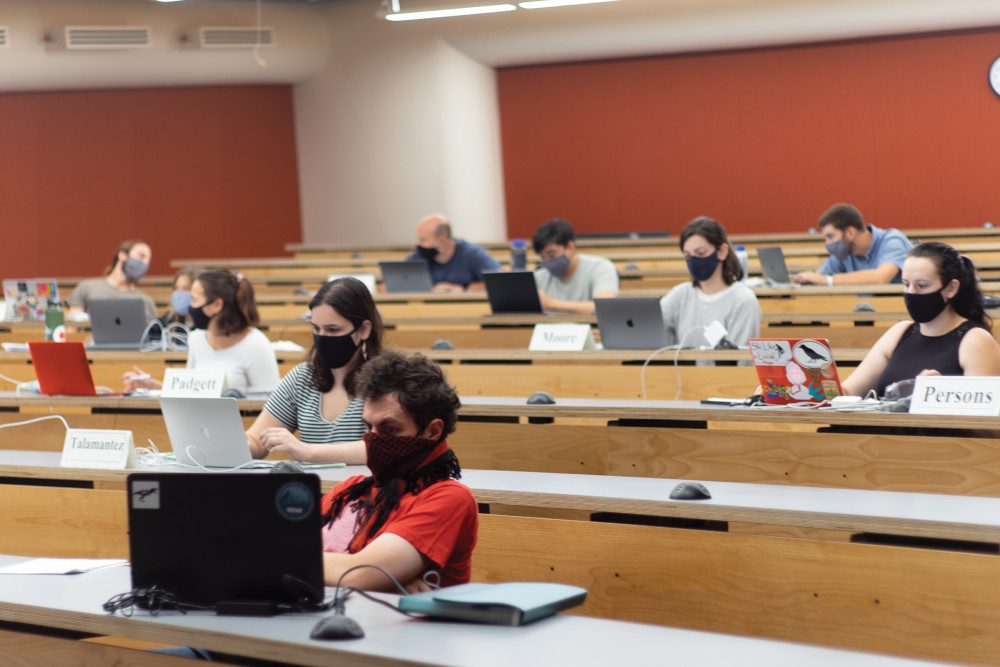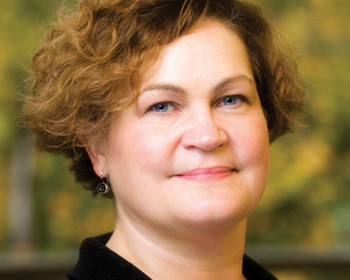Law School in the Age of COVID-19
Open gallery

Providing quality education, in any format: A good online class requires more than a Zoom account. Our teaching tools now include self-paced and interactive video lectures, virtual office hours, and apps that allow students to discuss and collaborate online. For the most part, our adjustment to remote and hybrid teaching has proceeded smoothly thanks to hard work of our faculty and the installation of appropriate audio/video technology to ensure a full classroom experience for all students.
Collaborating on behalf of graduates: Oregon’s three law schools came together to successfully petition the Oregon Supreme Court to grant a diploma privilege for our 2020 graduates who were registered for the July bar exam. This privilege allows graduates to practice in Oregon. Many graduates will take a UBE exam in the future and the L&C grads who sat for the Oregon July UBE exam achieved an impressive 100% pass rate.
Giving aid: Students facing financial hardship have been supported with emergency aid funds from alumni contributions and the federal CARES Act. To address their wellbeing, students were connected to “Circles of Care” during times of physical isolation.
Rethinking grading systems: Our abrupt shift to fully remote education last March was extremely difficult for our students. After lengthy debate, the faculty, joining the overwhelming majority of law schools nationwide, instituted a credit/no credit grading system and set up a review process for those who needed letter grades. This fall semester, the law school returned to normal grading.
Finding ways to honor employment commitments: Our Spring Recruitment Job Fair usually brings law firms, businesses, and nonprofits to campus to meet students. This year, the job fair moved online with a surprising outcome: more employers participated, and one-on-one interviews with students were more easily facilitated. Career Services helped both employers and students transition to long-term virtual connections, and most employers honored their job commitments. For those students who lost summer jobs, the law school provided meaningful legal work, hiring students to serve as faculty research assistants.
Transforming Admissions events: Historically, our Admissions office holds an on-campus Preview Day for admitted students. This year, we held an online Preview Week instead. More than 500 viewers joined us live and hundreds more watched the recordings—meaning that far more prospective students participated than have ever done so before.
Creating new ways to thrive: As students sheltered in place, the Boley Law Library created virtual study rooms. Librarians remained available via Internet chat, phone, and email, and posted tips and resources on the Boley Blog for taking exams at home. And when students just needed a break, the librarians provided polls, games, and other diversions on Digital Boley.

More Advocate Magazine Stories
email jasbury@lclark.edu
voice 503-768-6605
Judy Asbury, Assistant Dean, Communications and External Relations
Advocate Magazine
Lewis & Clark Law School
10101 S. Terwilliger Boulevard MSC 51
Portland OR 97219

